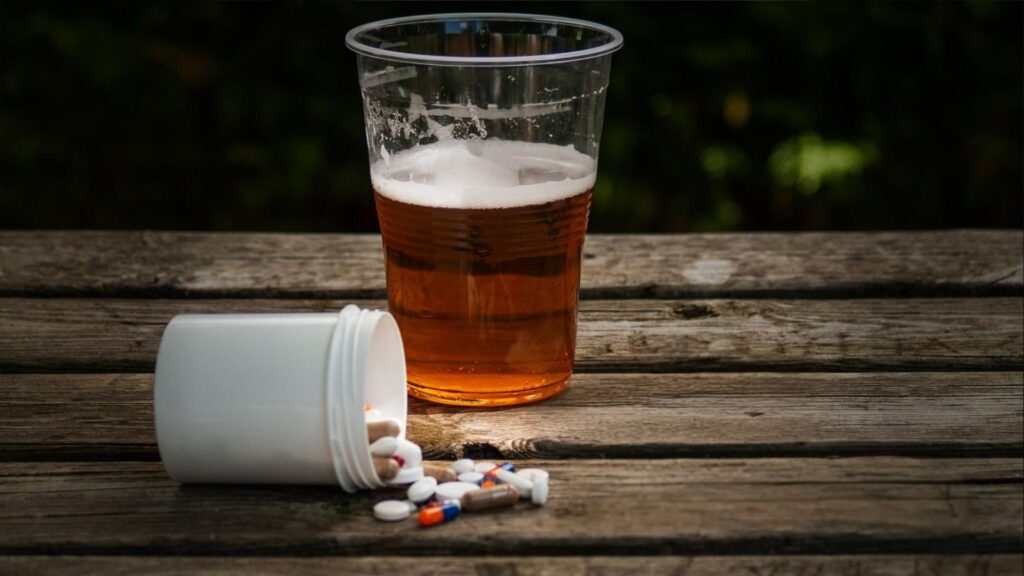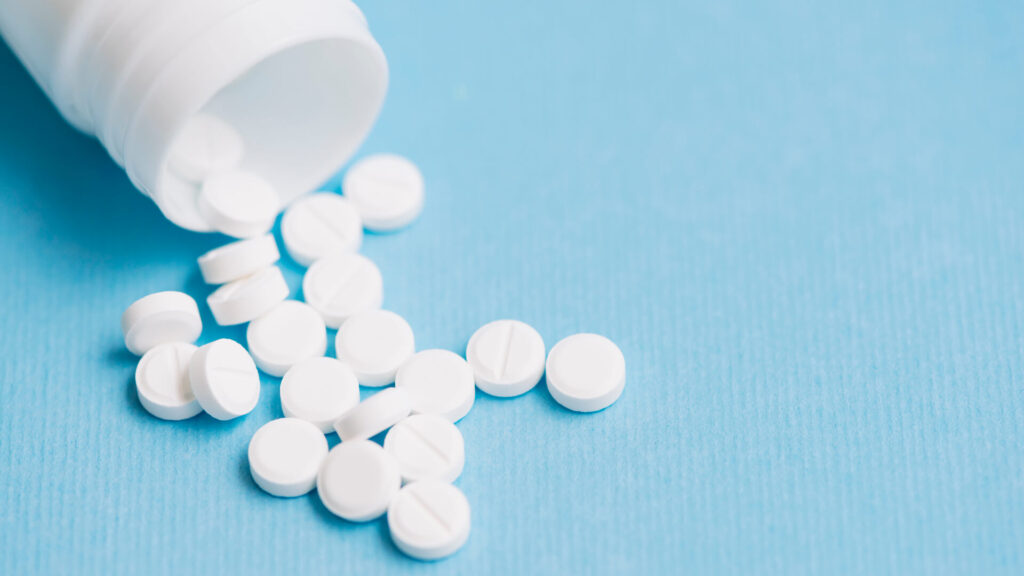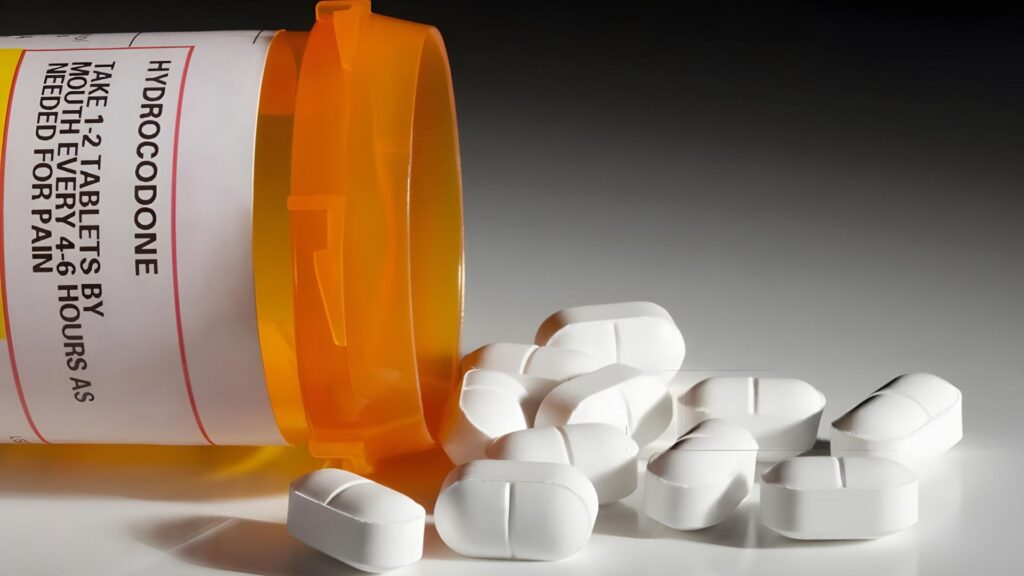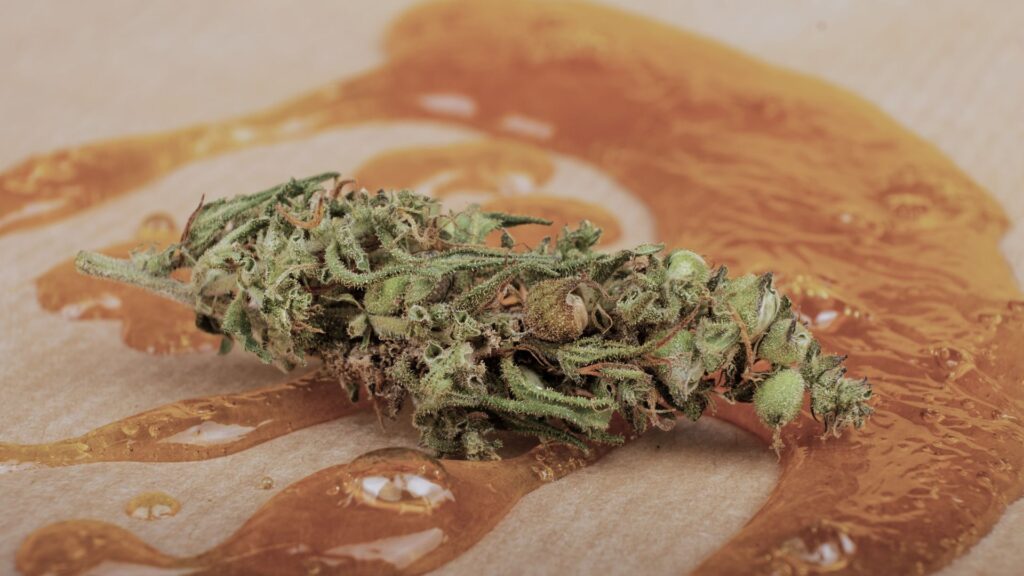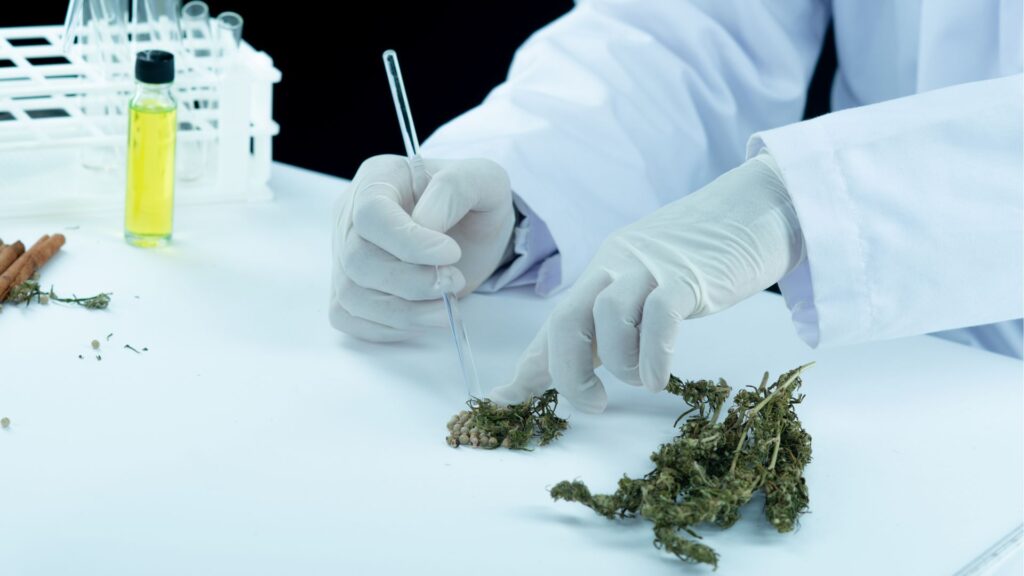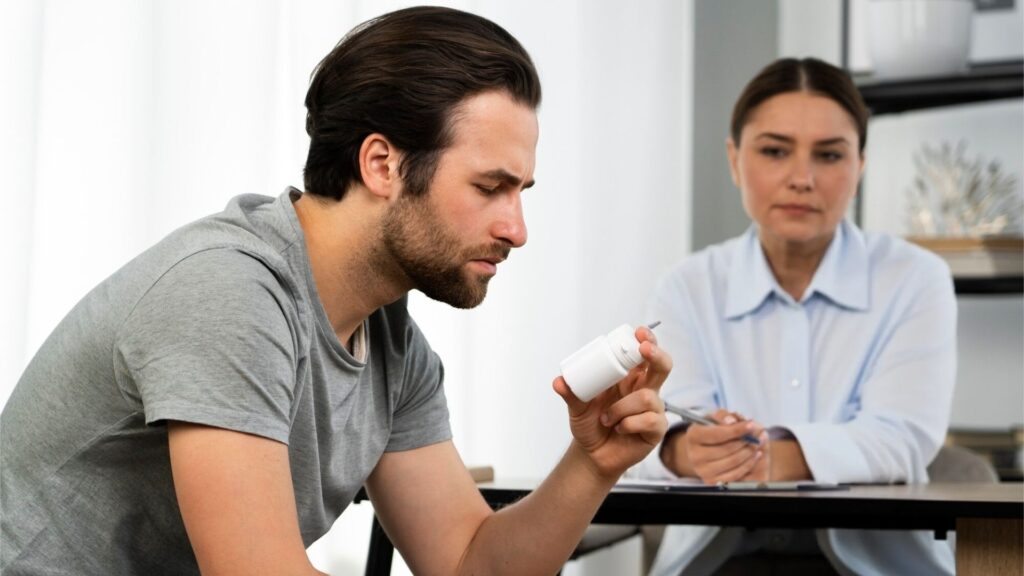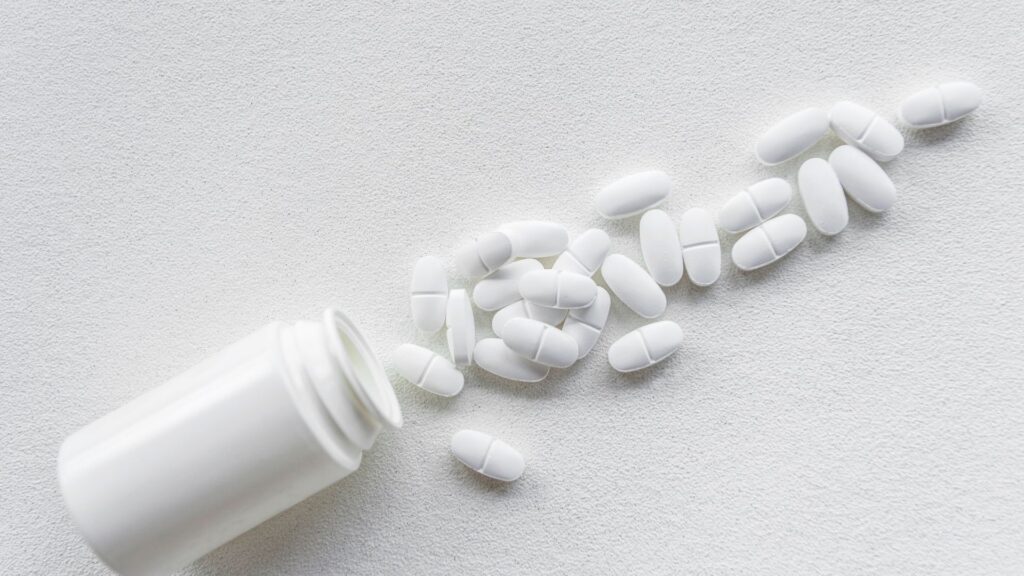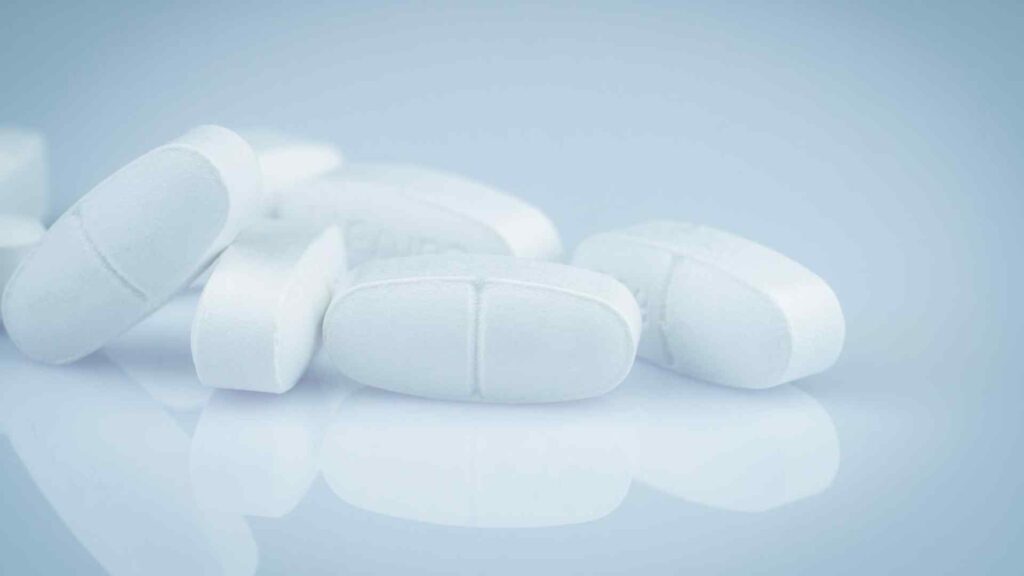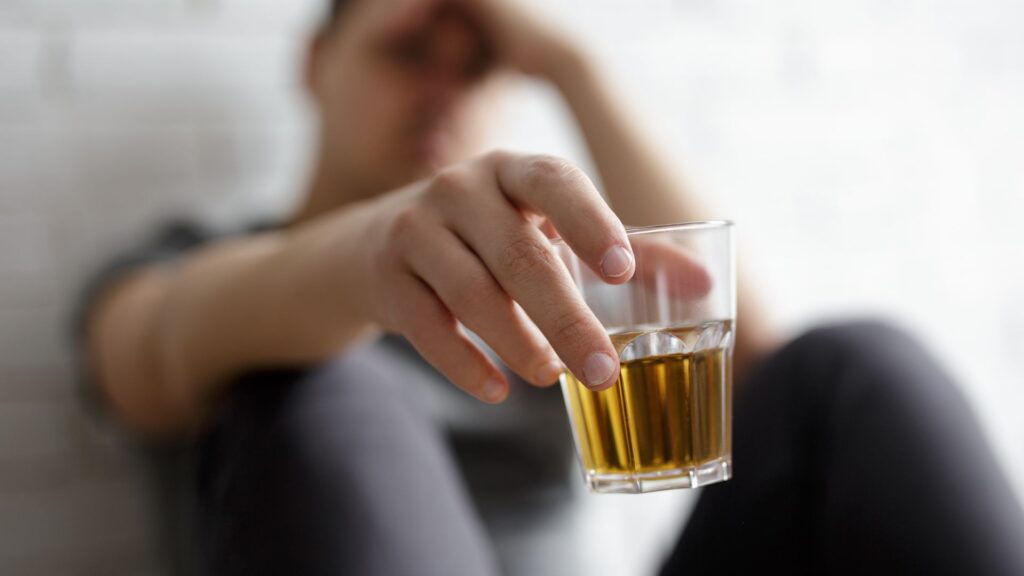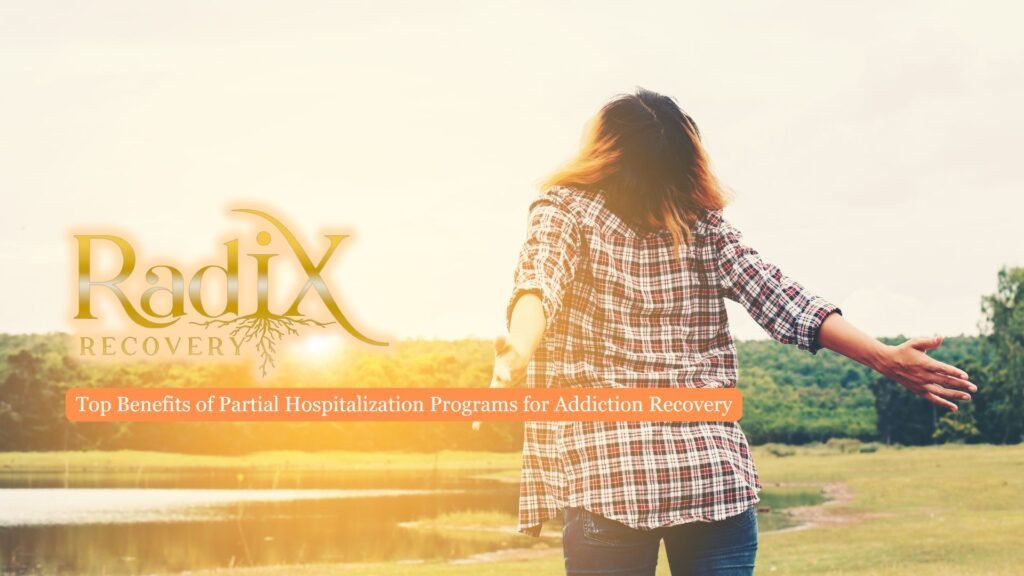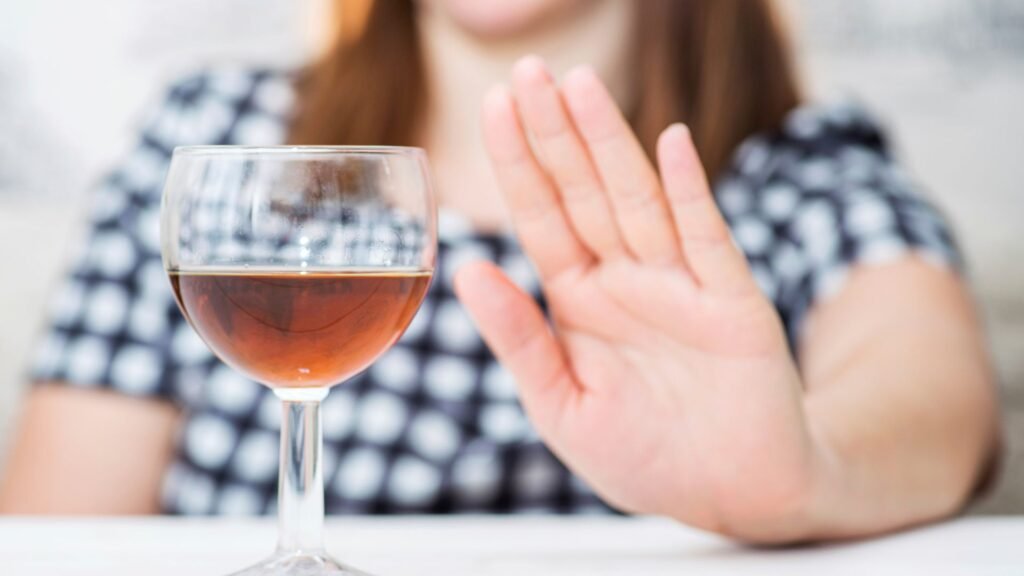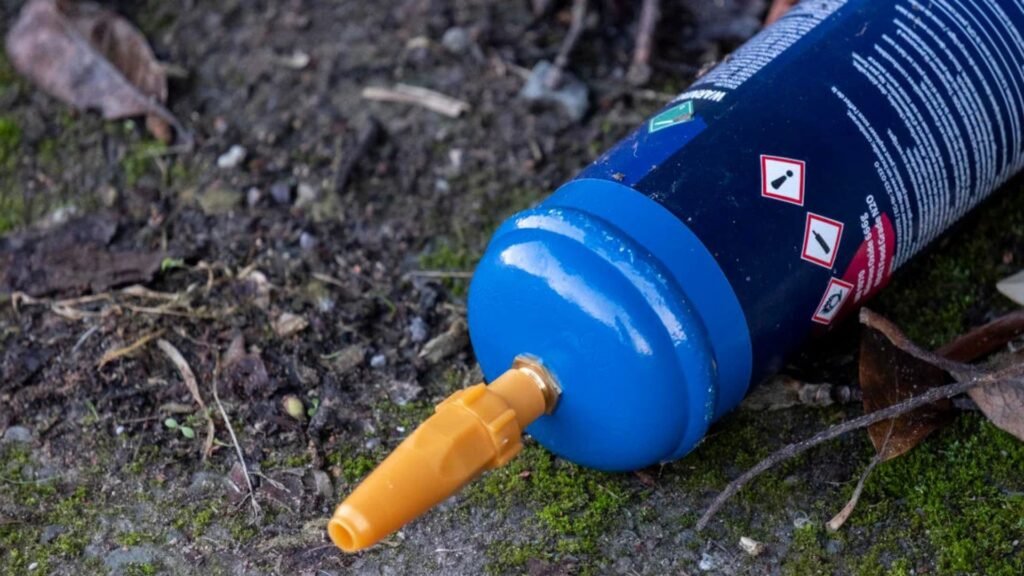Marijuana, also known as weed or cannabis, is one of the most widely used recreational drugs in the world. As its legal status evolves in many countries, questions about its safety and potential risks have become increasingly important. One of the most pressing concerns is whether it’s possible to overdose on weed. While the term “overdose” often conjures images of life-threatening situations, the reality of cannabis consumption is more nuanced.
This article will explore the concept of marijuana overdose, its symptoms, and the potential risks associated with excessive cannabis use.

Marijuana is a psychoactive drug derived from the Cannabis plant. Its primary active ingredient, THC (tetrahydrocannabinol), interacts with the brain’s cannabinoid receptors, leading to various short-term effects. These can include feelings of relaxation and euphoria, altered perception of time, impaired coordination, and increased appetite.
However, marijuana use can also cause anxiety, paranoia, and in some cases, psychotic episodes, especially with high doses or potent strains. The effects of marijuana on the body extend beyond the brain, potentially causing increased heart rate, respiratory issues when smoked, and changes in blood pressure.
If you consume cannabis long-term, particularly when started during adolescence, may lead to more persistent effects on brain development, memory, and cognitive function. Research shows that marijuana has a complex dual nature as both a stimulant and depressant, with effects varying based on dosage, strain, and individual physiology. You can set yourself free from the grip of addiction by opting for marijuana rehab program, where specialists can guide you towards recovery.
Can You Overdose on Cannabis?
While cannabis is often considered a relatively safe drug, it’s crucial to understand that overdosing on weed is possible, especially when consuming too much THC.
Consuming excessive amounts of marijuana can lead to unpleasant and potentially dangerous symptoms. These effects, often called marijuana toxicity or overconsumption, may include anxiety, panic attacks, paranoia, hallucinations, rapid heart rate, and in rare cases, acute psychosis.
The risk of experiencing these adverse reactions increases with higher THC concentrations, the consumption of edibles, and the use of synthetic cannabinoids. Although death from marijuana use alone is extremely rare, if not impossible, the symptoms of cannabis overdose can be distressing and may require you to seek medical attention.

Symptoms of Weed Overconsumption
Common symptoms of marijuana overconsumption include extreme anxiety, panic attacks, paranoia, and even hallucinations, especially if you’re inexperienced or have pre-existing mental health issues.
Symptoms of marijuana overdose also manifest physiologically, causing nausea, vomiting, impaired coordination, and increased heart rate, which can heighten feelings of fear and confusion.
Cognitive impairment, such as difficulty concentrating and memory problems, may significantly impact your daily functioning.
In severe cases, a marijuana overdose can trigger acute psychotic reactions, leaving you feeling disoriented and lethargic.
These health effects can persist for several hours and vary based on your tolerance and the consumption method, with edible products often causing delayed, prolonged symptoms.
Factors Influencing Weed Toxicity
The potency and concentration of THC, which has significantly increased in recent decades, plays a crucial role in determining the risk of toxicity. The method of consumption also impacts toxicity, with edible cannabis posing a higher overdose risk due to delayed onset and potential overconsumption.
Individual sensitivity, body size, age, and overall health status contribute to varying reactions among users. Combining cannabis with other substances, particularly alcohol, can amplify the risk of adverse effects. These individual factors can significantly impact neurological responses, with some users being more susceptible to marijuana-induced seizures and other neurological effects depending on their unique brain chemistry and pre-existing conditions.
On top of all, the development of highly concentrated cannabis products, such as medical-grade THC, has introduced new risks, including rare instances of fatalities.
Treatment for Weed Overconsumption
Treatment for marijuana overconsumption primarily focuses on providing supportive care and managing symptoms. In most cases, medical intervention is not necessary, and the effects will subside on their own. However, for severe symptoms, patients may be taken to an emergency room where they can receive monitoring and supportive treatment. This can include administering IV fluids, providing oxygen if needed, and using medications to manage specific symptoms like anxiety or nausea.
If the marijuana was ingested orally, activated charcoal may be used. For patients experiencing extreme anxiety or panic attacks, benzodiazepines might be prescribed to help calm them down. In rare cases of severe psychotic reactions, antipsychotic medications may be necessary.
It’s important to note that while these treatments address the immediate symptoms of overconsumption, they do not reverse the effects of THC. The primary approach is to ensure the patient’s safety and comfort while the drug’s effects wear off naturally.
Final Thoughts from Radix Recovery
Even though the risk of fatal overdoses caused solely by marijuana are exceedingly improbable, excessive use can result in unpleasant and possibly hazardous side effects. If you or a loved one is struggling with problematic marijuana use or addiction, keep in mind that assistance is readily available. Radix Recovery in Cedar Rapids, Iowa, provides customized marijuana addiction treatment programs that are tailored to help individuals break the cycle of cannabis dependence and regain control over their lives.










